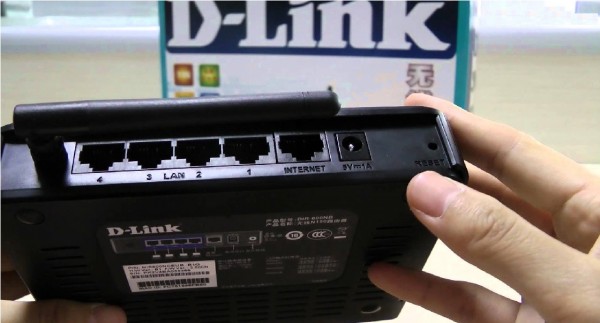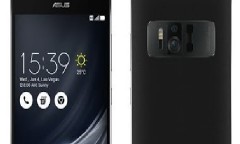By Lynn Palec, | January 09, 2017

The federal agency did not cite any evidence regarding D-Link's malpractice of improperly securing its hardware products. (YouTube)
With the growing popularity of the Internet of Things, it is imperative that hardware manufacturers as well as government agencies work to ensure all the devices that are plugged into this complicated network are secured. With this in mind, the Federal Trade Commission is attempting to gain access to devices that are not properly secured.
Like Us on Facebook
Recently, the FTC filed a complaint against the Taiwanese networking equipment manufacturing company D-Link. The FTC charged D-Link with improperly securing its web cameras and Internet routers, a practice that could potentially put its consumers at risk of being hacked.
The main drawback with FTC's complaint is that the federal agency did not cite any evidence regarding D-Link's malpractice of improperly securing its hardware products. This is just one of the many issues cited by D-Link in its counter argument.
In a statement acquired by Computer World, D-Link said, "The FTC speculates that consumers were placed 'at risk' to be hacked, but fails to allege, as it must, that actual consumers suffered."
FTC's latest complaint against D-Link came in as several security experts have pointed out the weak security provided by hardware manufacturers, leaving consumers highly vulnerable to hacking attacks. Some hackers exploit these vulnerabilities to steal important data, while some larger operations use infected devices to launch massive distributed denial-of-service attacks that can take down websites, according to The Verge.
The FTC alleges D-Link of improperly publicizing the vulnerabilities of its hardware products, an act that could be interpreted as deception. However, there is no law in the United States that defines what a secure router or web camera is.
Some security analysts said that going by FTC's logic, the agency could potentially sue any company for promising security in their products but failing to address or patch any unknown vulnerability.
Experts said that while FTC's actions are geared towards better security, the agency will face significant legal hurdles in holding companies like D-Link accountable for the perceived vulnerabilities on their products.
-
Use of Coronavirus Pandemic Drones Raises Privacy Concerns: Drones Spread Fear, Local Officials Say

-
Coronavirus Hampers The Delivery Of Lockheed Martin F-35 Stealth Fighters For 2020

-
Instagram Speeds Up Plans to Add Account Memorialization Feature Due to COVID-19 Deaths

-
NASA: Perseverance Plans to Bring 'Mars Rock' to Earth in 2031

-
600 Dead And 3,000 In The Hospital as Iranians Believed Drinking High-Concentrations of Alcohol Can Cure The Coronavirus

-
600 Dead And 3,000 In The Hospital as Iranians Believed Drinking High-Concentrations of Alcohol Can Cure The Coronavirus

-
COVID-19: Doctors, Nurses Use Virtual Reality to Learn New Skills in Treating Coronavirus Patients











